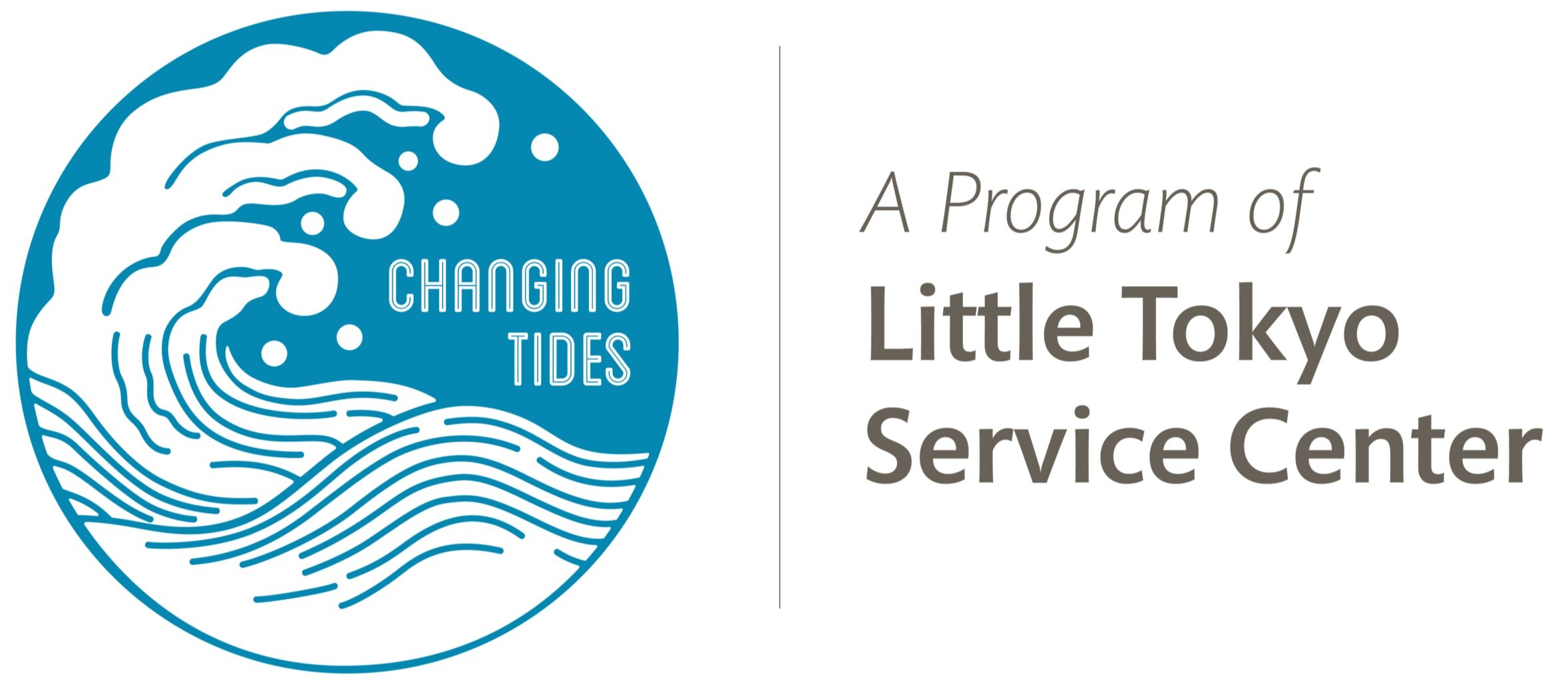On Dry Land
Jumping into the water at 5:00am for morning swim practice was always a shock to the system. In a single moment, both your body and mind go through intense flashes of dread, joy, stress, and relaxation. One moment you feel every cell in your being, and the next, you find yourself completely submerged in silence and stillness.
My entire relationship with swimming was really just an elongated version of this strange cycle of feelings. Some days, it was my greatest enemy. It drove me crazy, and I became familiar with what lay beyond the boundaries of my comfort zone at a very young age. Other times, swimming was my savior. The only thing I could do to anchor my mind to my body.
Competitive swimming is much like any other sport, but with one huge difference: you do it completely alone. Sure, you have teammates and competitors, but the actual act of swimming must be done in solitude. It’s you, the water, and the wall. In most pools, not even the clock is visible once you begin your race. From the outside, it’s clear that swimmers are racing against time and the other lanes, but being in the moment feels much more like racing against yourself. As a result, you grow up learning how to “just keep swimming.” You learn how not to drown. To continue for as long as possible, as hard as possible, until you hit that wall.
Our coaches always told us that swimming was 10% physical and 90% mental. What they didn’t tell us was that this rule would still apply to our lives after leaving the sport. Because as difficult as it was to stay afloat through 10 years of competitive swimming, literally and figuratively, understanding how to manage a life outside the pool was even more of a shock to the system.
At times, swimming prepared me in ways I never could have expected. When studying for finals at school or struggling through stressful projects at work, I could always tell myself that “I am a swimmer. I will not drown. I will get through this.” Years of staying in my own lane taught me to trust myself and my own abilities. In some ways, though, swimming created habits that were not as productive for life on dry land. Outside the pool, “just keep swimming” is not always the way to succeed. Outside the pool, there will be times when you have to work with a team and you cannot always depend on your own will to pull you through difficult situations. And sometimes, outside the pool, you do have to ask for help.
Earlier this year, Missy Franklin, four-time Olympic gold medalist, opened up about her experience with depression and how the intensity of her relationship with swimming has affected her mental health. In an interview with CNN, she explains how the pressure that Olympic athletes are both put under and put upon themselves often leaves them with a “post-Olympics depression.” They reach the apex of their athletic career, and two weeks later they are expected to return to a “normal” life. They have to get out of the pool.
While I could never compare my swimming career with those of Olympians as accomplished as Franklin, I can’t help but see so much of my own post-swimming struggles with those Franklin describes. Growing up is hard enough, but doing so while remaining dedicated to a singular sport—one that can take up all of your physical, mental and emotional energy—makes creating a healthy and balanced life all the more difficult. So as we look to future generations of athletes, at all levels, how can we encourage them to explore their fullest potentials? How do we prepare them for the highs and lows that they will experience both in AND out of the water (or on AND off the court or before AND after the race)? I think Franklin says it best herself: "...we need to start putting importance on self-confidence, on positive thinking and most importantly on perspective for athletes that are feeling so much pressure, so they understand that their value is not intrinsically placed on a medal or a time, that they're so much more than the person they are when they're competing."
Post By: Courtlyn Shimada
To read CNN’s interview with Missy Franklin, click here.
If you or anyone you know are in crisis, please call the National Suicide Prevention Lifeline at 1-800-273-TALK (8255) or contact the Crisis Text Line by texting TALK to 741-741.
